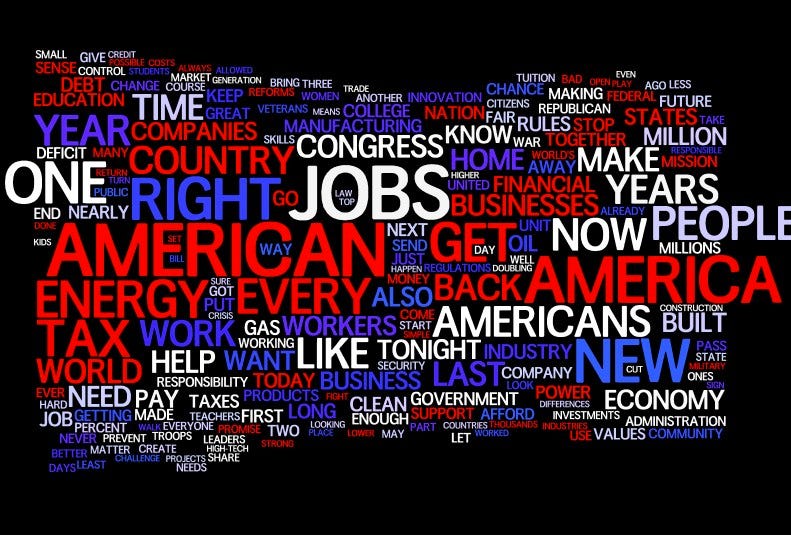
Today, with the use of social media and the polarity of political topics, people are both very adamant about their stances on political issues and very vocal. For example, the average person can look at a list of their social connections on Facebook or Twitter and tell you who is pro-same-sex marriage and who is against it. The same can be said about abortion or welfare reform. The average person can also tell you that Chick-fil-a stands firm on “traditional marriage,” and they even had a very profitable day celebrating that belief; some now refuse to visit the restaurant chain for that reason, while others have made it their preferred fast-food chicken.
They aren’t alone. Other brands have taken stands that have had similar effects on their customer base:
Wal-Mart’s “Stand Your Ground” campaign for gun control
The Whole Foods controversy related to Obamacare
Hobby Lobby and its objection to four types of birth control
Is it possible for brands to stay out of the political game and still keep their customers loyalty?
For now — yes, it is. However, as society becomes more political on social media, it’s unlikely that brands can keep their political beliefs a secret. Employees want to know if their beliefs and culture matches the company they work for. Similarly, customers want to know if their money is supporting a company that shares similar beliefs as theirs. MSNBC held a public poll that indicates that 67 percent of respondents want to know where companies stand on political topics.

אין תגובות:
הוסף רשומת תגובה